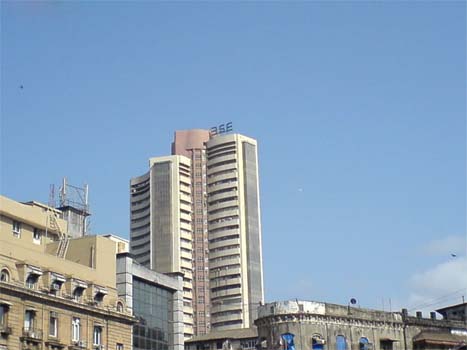Indian Markets to remain flat; Japan’s Stock Markets touch 8 month high: Nirmal Bang Research Report
 Hong Kong stocks declined, led by energy producers as oil prices dropped, and HSBC Holdings Plc retreated after Luxembourg said HSBC and other custodian banks have to compensate investors for losses tied to Bernard Madoff. Similarly China’s stocks fell for a third day, led by commodity producers and automakers, after metal and oil prices dropped and vehicle sales declined. China’s vehicle sales in May were lower than in April.
Hong Kong stocks declined, led by energy producers as oil prices dropped, and HSBC Holdings Plc retreated after Luxembourg said HSBC and other custodian banks have to compensate investors for losses tied to Bernard Madoff. Similarly China’s stocks fell for a third day, led by commodity producers and automakers, after metal and oil prices dropped and vehicle sales declined. China’s vehicle sales in May were lower than in April.
Japanese stocks advanced for a second day after a better?thanexpected report on U.S. jobs sent the yen to a month low, lifting shares of companies dependent on overseas sales.
U.S. payrolls fell by 345,000 in May, the Labor Department said last week, compared with economists’ forecast for a drop of 520,000. The unemployment rate rose to 9.4 percent, the highest since 1983. The U.S. jobs report helped the dollar gain against the yen.
The yenweakened to as low as 98.89 versus the dollar, a level not seen since May 8, compared with 96.73 at the close of stock trading in Tokyo on June 5. A weaker yen helps boost the value of overseas sales.
Sales at U.S. retailers probably rose in May for the first time in three months as demand for automobiles picked up, economists said before a government report this week. Purchases climbed 0.5 percent, according to the median of 61 estimates in a Bloomberg News survey ahead of Commerce Department figures due June 11.
The dollar traded near the strongest in a month against the yen on speculation the U.S. recession is abating, boosting demand for the nation’s assets. Futures traders decreased their bets that the euro and the yen will gain against the U.S. dollar, figures from the Washington?based Commodity Futures Trading Commission show.
In India the bank credit grew at lowest in 5 years to 15.86% for the fortnight ended May 22 as against 17.20 per cent at the end of the previous fortnight. Bank credit had expanded 25.50 per cent year?onyear during the corresponding period last year. Apart from the lower demand for funds due to fewer new projects, last year’s high base is also behind the sharp moderation in growth rates.
However, going forward, bankers expect the flow to pick up, partly due to signs of the worst being over. “The decline in bank credit is temporary. There is enough demand in the system and in the coming month, we will see around 20 per cent growth in the system. There is a lag effect between sanctions and disbursals,” said a public sector bank executive.
Indian stock markets are though expected to open lower but likely to recover during the day.